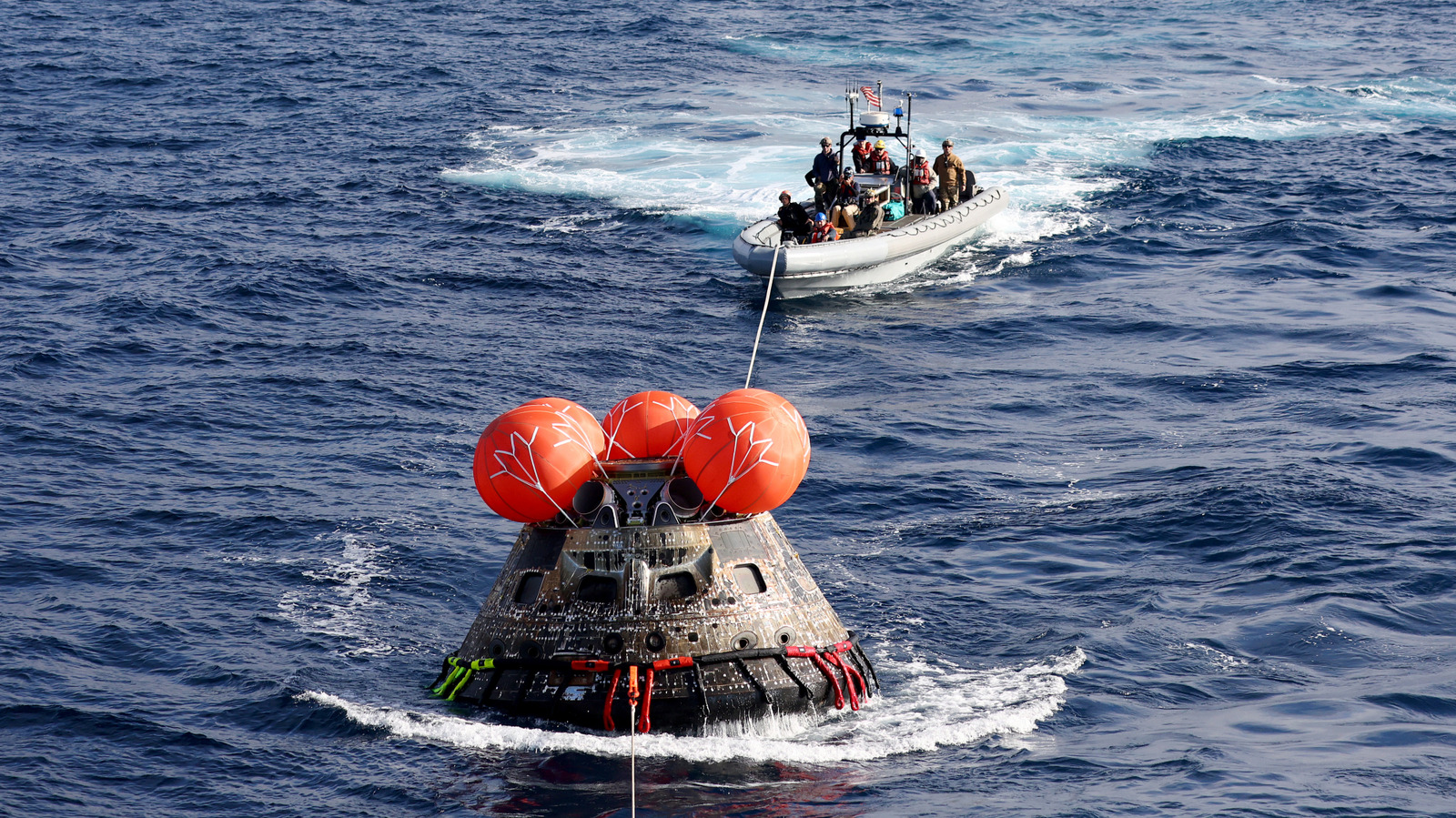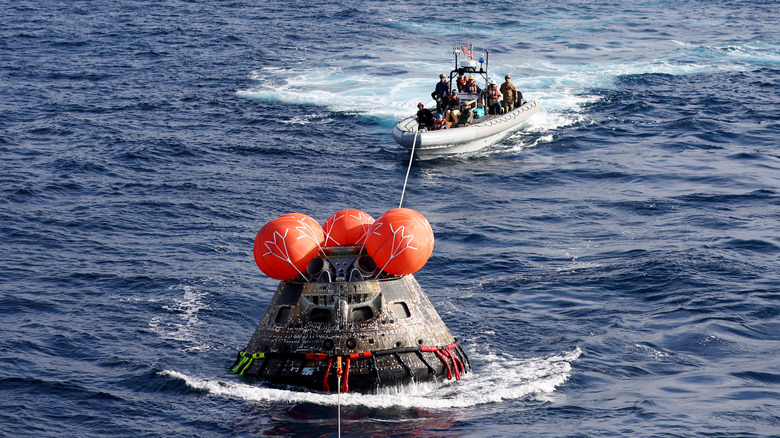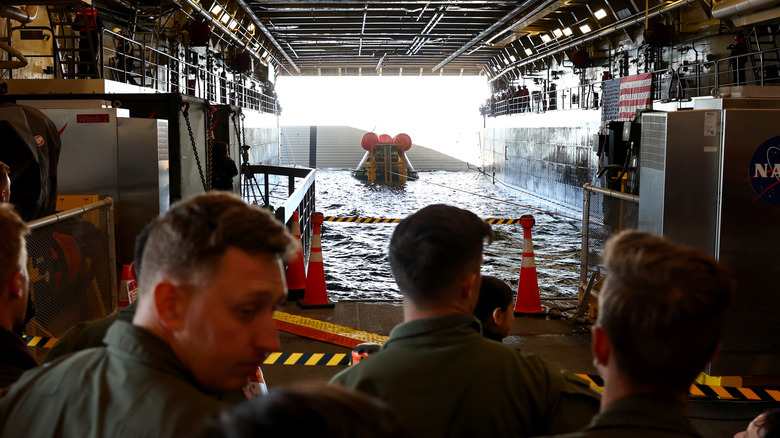Despite a hiatus during the Space Shuttle’s tenure, splashdowns are an iconic feature of NASA’s crewed space missions, with U.S. Navy ships awaiting the astronauts’ arrival. NASA is now looking to privatize rescue services for its missions, seeking alternatives that are more cost-effective and flexible than the Department of Defense. The military has provided these services since Project Mercury, the country’s first crewed spaceflight program in the late 1950s. While some might argue that the Pentagon could have been complacent over the past six decades, no other organization has a similar level of experience.
NASA isn’t seeking to privatize rescue services for all its missions, just the Commercial Crew Program. The service involves private launch operators conducting NASA’s crew rotation missions to the International Space Station. SpaceX and Boeing were both awarded CCP contracts with their Crew Dragon and Starliner spacecraft, respectively. SpaceX has completed nine missions since 2020, while Boeing is infamously yet to complete a single contracted mission. The Commercial Crew Program and the related rescue services have a set end date when SpaceX de-orbits the ISS in 2030.
Could a private company be a better option than the Pentagon?
The contract tender that NASA published online highlights all the aspects of astronaut crew rescue services that a private company must cover. First, the contractor’s rescuers would be the first to approach the capsule, open the hatch, help the astronauts egress the spacecraft, and provide medical support. The space agency mandates “a minimum of 1 rescuer to 1 astronaut ratio,” in case a contractor ever considers reducing personnel to cut costs.
Prospective contractors must also provide services for all conceived emergency situations, like a launch aborted on the pad or during the ascent. If there’s an emergency during a mission, rescuers must be ready for an unscheduled landing at a pre-defined water region somewhere on the planet within 24 hours. Should the worst happen, the contractor would perform search and rescue duties as well as “transport any human remains to a defined point for transit to Dover Air Force Base.”
I understand the need to reduce the cost for space operations, but rescue services aren’t the place I’d consider looking for efficiencies. Say what you will about overspending at the Pentagon, I feel confident that the Department of Defense could put the necessary rescue personnel anywhere on the planet within 24 hours every single time.




